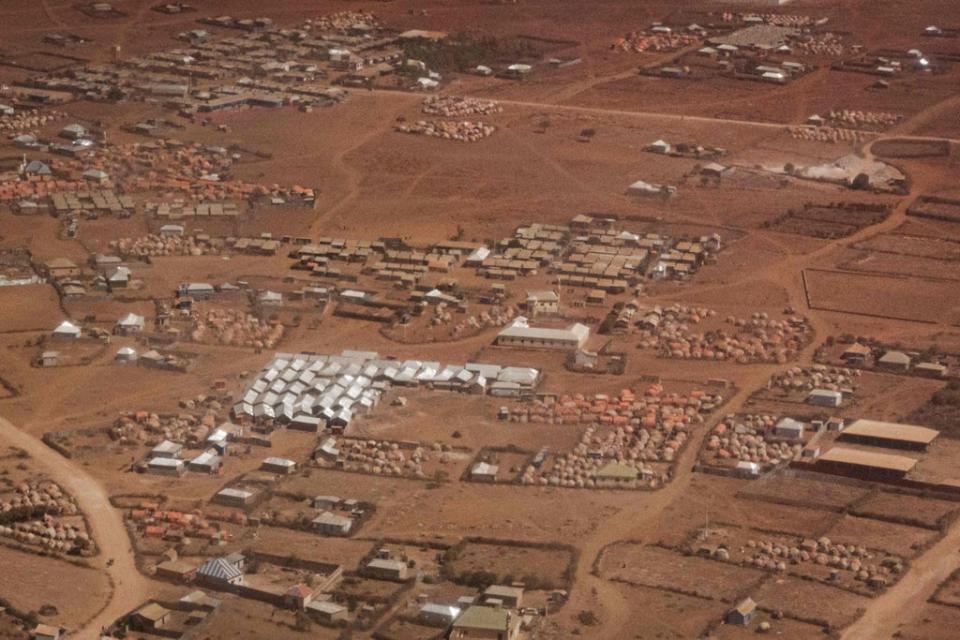Almost 60 million people displaced worldwide, says study

The number of people displaced within their own borders rose to an all-time high by the end of 2021, a new study has shown.
A total of 59.1 million people had been forced to leave their homes and live elsewhere in their countries as a result of violence or disasters as of December last year, according to data collated by the Internal Displacement Monitoring Centre (IDMC).
This is up from the 55 million internally displaced persons (IDPs) recorded in the IDMC’s previous annual world survey. The increase was largely driven by the high numbers of new IDPs in Afghanistan, Burkino Faso, Ethiopia and Yemen, the IDMC said.
More than half of all IDPs are now under the age of 25, while 25.2 million of this group are under the age of 18, raising significant questions about the effects of global instability on younger generations.
Of all the internal displacements driven by conflict and violence last year, 80 per cent of them occurred in Sub-Saharan Africa due to fighting in places including the Central African Republic, Ethiopia and Somalia.
Similarly, four in every five displacements triggered by disasters in 2021 took place in Asia and the Pacific, with China, the Philippines and India the countries most affected.
Commenting on the report, Jan Egeland, the secretary general of the Norwegian Refugee Council, which set up the IDMC 24 years ago to document IDPs who would otherwise go “unseen”, said the findings showed the world was in a state of ill health.
“The world is falling apart, too many countries are falling apart,” he said. “2021 was, as we documented here, a very bleak year and 2022 is proving to become even worse,” he said, adding that the war in Ukraine would lead to a new record this year.
“It’s a damning indictment of the world’s lack of ability for conflict prevention and conflict resolution,” he added.
53.2 million people were living in #internaldisplacement at the end of 2021 after fleeing #conflict & violence.
This increase is mostly driven by growing numbers of #IDPs in #Afghanistan, #BurkinaFaso, #Ethiopia & #Yemen.
Find out more in #GRID2022. https://t.co/yrIetqyhzA pic.twitter.com/HzGNkdIt3g— IDMC (@IDMC_Geneva) May 19, 2022
Mr Egeland also expressed his concern that some countries were spending most of their aid budgets on helping Ukrainian refugees, meaning there would be less money for the rest of the world.
Between the start of Vladimir Putin’s invasion on 24 February and 5 May, the UN estimates that more than 6 million people fled Ukraine, while another 7.7 million people had become internally displaced.

 Yahoo News
Yahoo News 